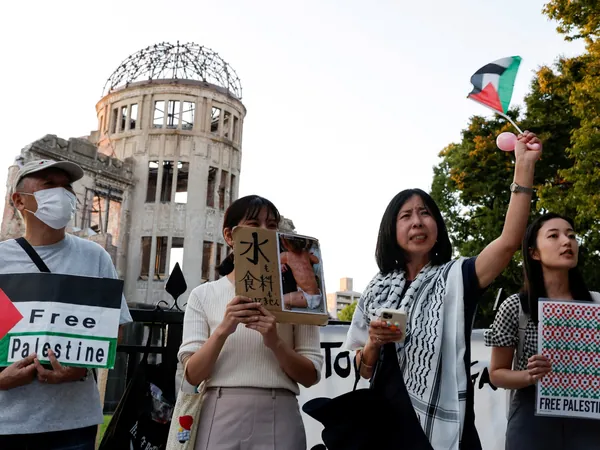
Nobel Peace Laureate Warns: Are We Closer to Nuclear War Than Ever?
2024-10-12
Author: Liam
Nobel Peace Laureate Warns: Are We Closer to Nuclear War Than Ever?
In a striking warning amidst escalating global conflicts, especially in regions like Gaza, the recent Nobel Peace Prize winner, Nihon Hidankyo, which represents Japanese atomic bomb survivors, has intensified calls for the complete abolition of nuclear weapons. This organization received the prestigious award for its relentless advocacy towards a nuclear-free world.
Shigemitsu Tanaka, a 1945 Nagasaki bombing survivor and leader of Nihon Hidankyo, expressed deep concern over the deteriorating international situation, stating, “We are seeing a progressive escalation of warfare, with countries aggressively threatening the use of nuclear arms.” He emphasized that humanity risks plunging into self-destruction if this trend continues, challenging global leaders to pursue nuclear disarmament as the only solution.
The history of atomic devastation hangs heavy over these discussions. Nagasaki was bombed on August 9, 1945, just days after Hiroshima was struck on August 6, claiming an estimated 74,000 lives in Nagasaki and 140,000 in Hiroshima. Survivors like Susumu Ogawa, who was just five years old during the Hiroshima bombing, shared their personal tragedies, noting that many family members perished in the attack. His poignant reminder, “All nuclear weapons in the world have to be abandoned,” underscores the urgent need to remember these atrocities as current conflicts unfold.
The situation in the Middle East amplifies the urgency of their message, particularly with Israel's ongoing military actions in Gaza and rising tensions involving Iran. Russian President Vladimir Putin has also stirred concerns by indicating the possibility of nuclear retaliation if Ukraine strikes deep into Russian territory.
As demonstrations took place in Hiroshima to support the Palestinian cause, Toshiyuki Mimaki, another survivor from Hiroshima, drew parallelisms between the suffering of children in Gaza and the plight of those in Japan during World War II. “It’s heart-wrenching to see bleeding children being held by their parents; it reminds us of our suffering 80 years ago,” Mimaki lamented.
The organization Nihon Hidankyo, founded in 1956, remains pivotal in sharing the experiences of hibakusha (survivors), as the average age of the roughly 105,000 survivors now stands at 85. This fact highlights the crucial need for educating younger generations about the existential threats posed by nuclear weapons.
At the Hiroshima Peace Memorial Park, individuals like Kiyoharu Bajo expressed hope that the Nobel Prize win would amplify the voices of atomic bomb survivors globally. “For future generations, it’s imperative that this issue remains alive and discussed,” he stated.
As tensions grow, and in light of past horrors, the world stands at a crossroads. Will humanity heed the warnings of its survivors, or are we inexorably headed down a path towards potential nuclear catastrophe? This is a question that must be addressed urgently in the halls of power across the globe.
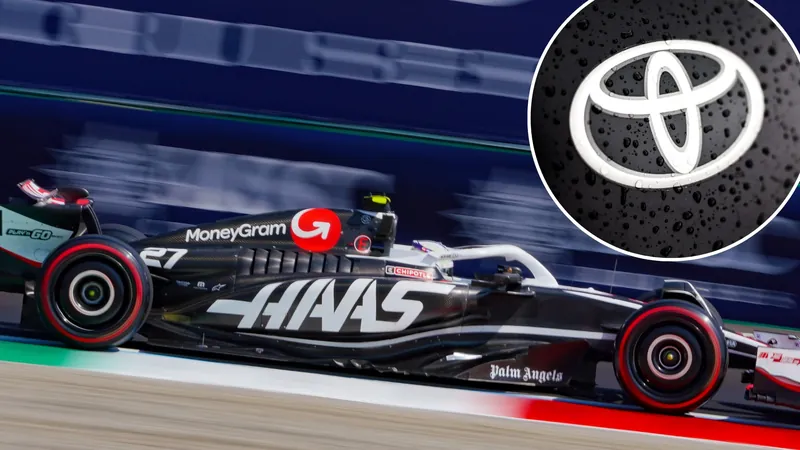

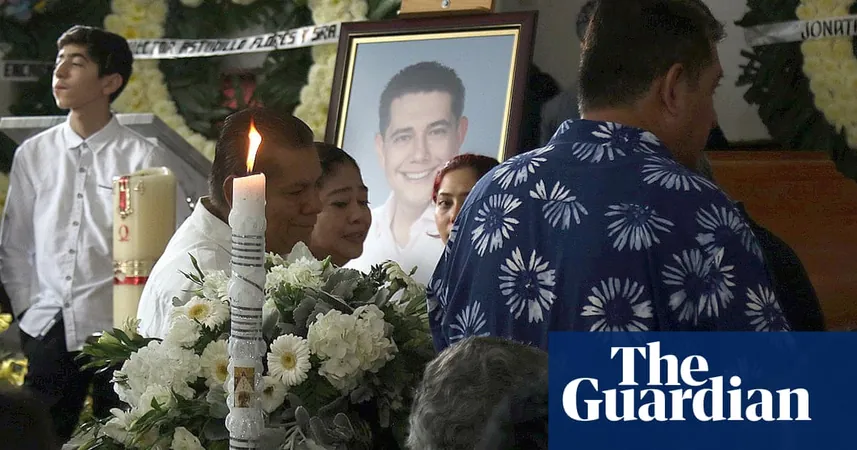
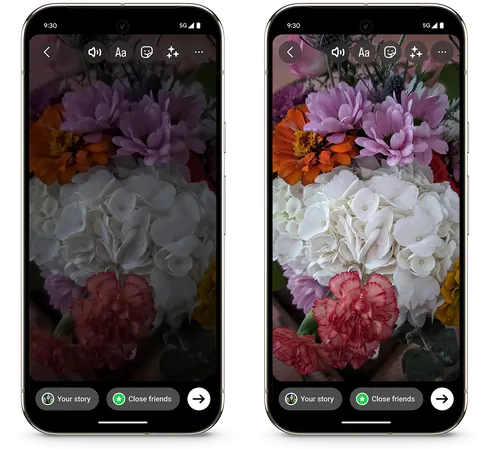

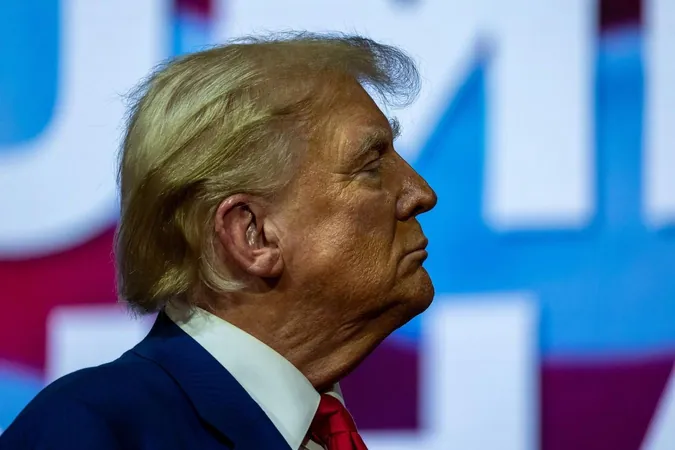
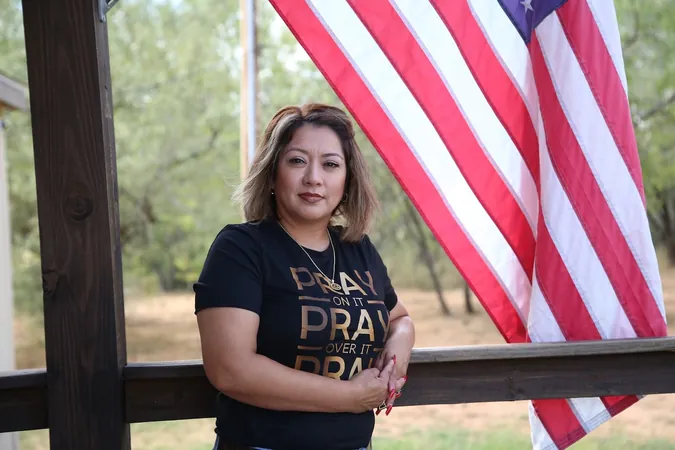
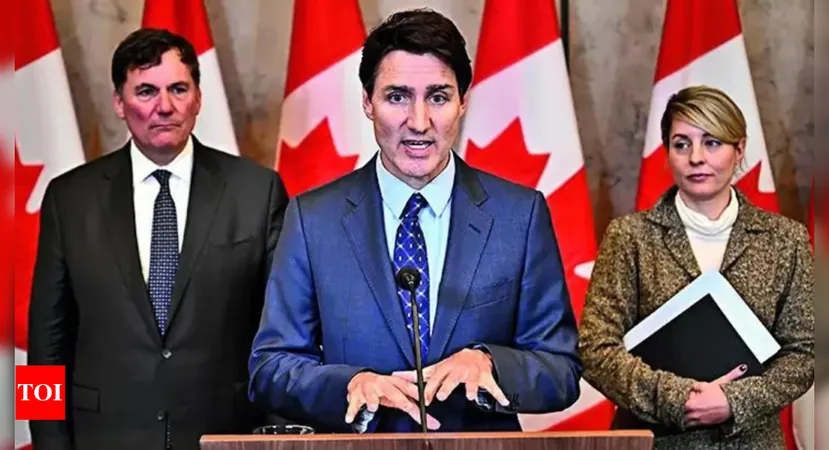
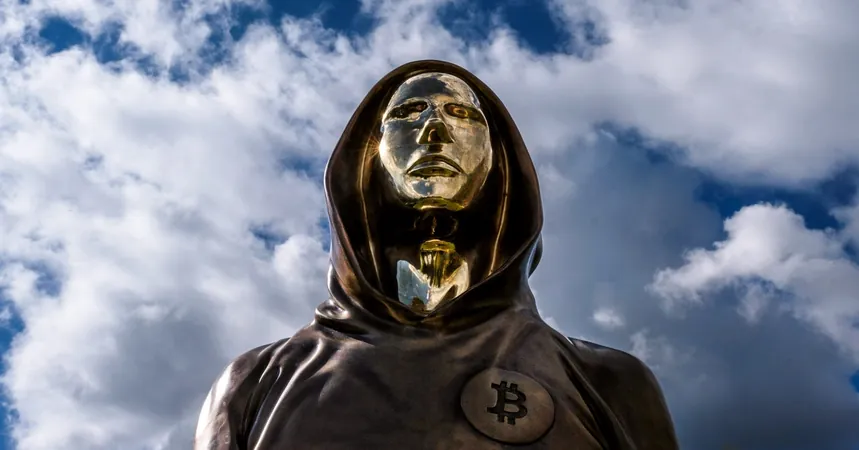
 Brasil (PT)
Brasil (PT)
 Canada (EN)
Canada (EN)
 Chile (ES)
Chile (ES)
 España (ES)
España (ES)
 France (FR)
France (FR)
 Hong Kong (EN)
Hong Kong (EN)
 Italia (IT)
Italia (IT)
 日本 (JA)
日本 (JA)
 Magyarország (HU)
Magyarország (HU)
 Norge (NO)
Norge (NO)
 Polska (PL)
Polska (PL)
 Schweiz (DE)
Schweiz (DE)
 Singapore (EN)
Singapore (EN)
 Sverige (SV)
Sverige (SV)
 Suomi (FI)
Suomi (FI)
 Türkiye (TR)
Türkiye (TR)